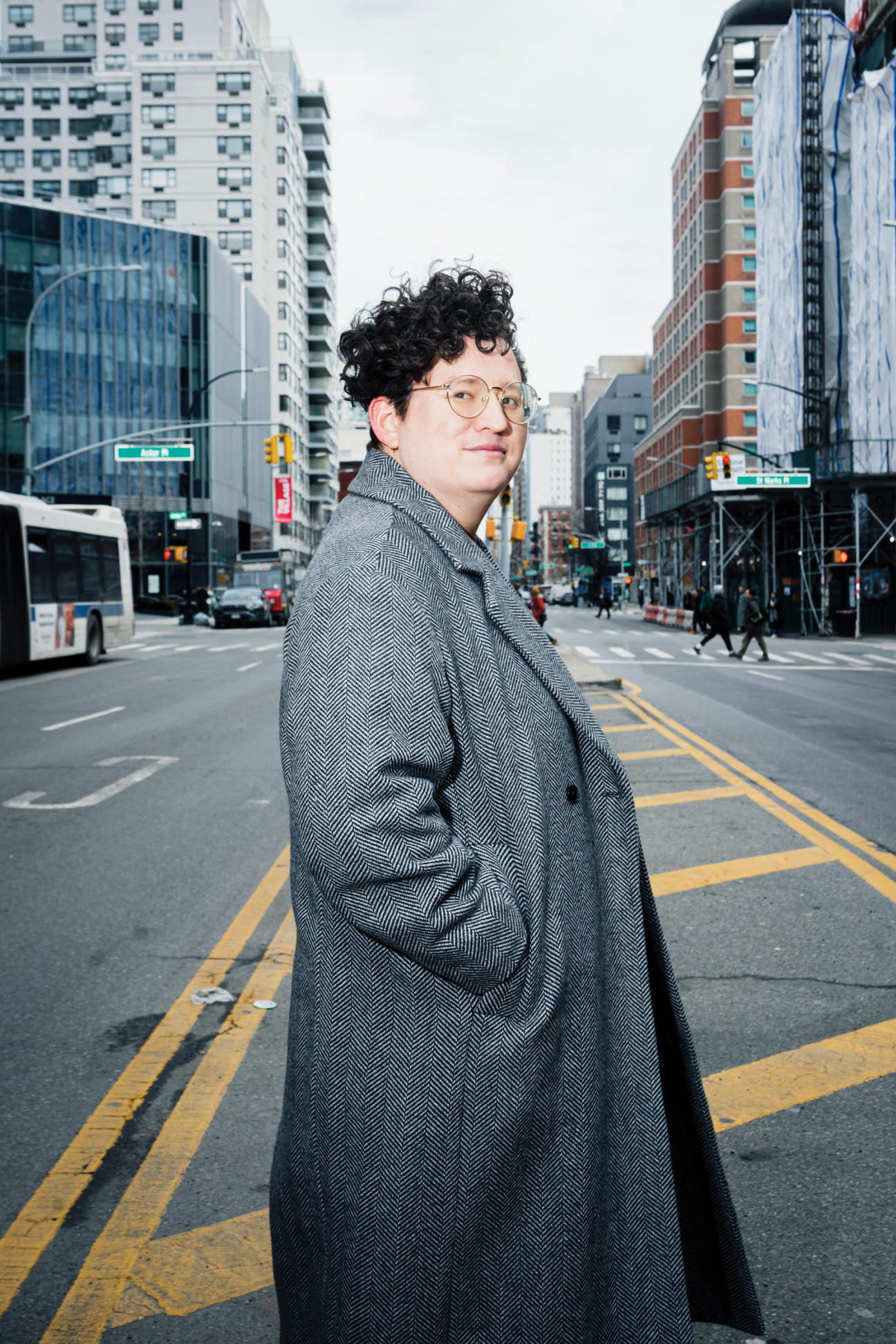
An era’s critical spirit––and I say this with the utmost chagrin––might be analogous to its vibe. Shifts in which, of course, have caused the spilling of much digital ink. In The Point, James Duesterberg describes the “vibe shift” as “a rejection of the background left-liberal consensus, a political shift to the right, and a new cultural decadence and nihilism” among a culturally influential set of young people. The phrase is usually over-deployed without being clearly defined; Washington Post book critic Becca Rothfeld astutely decries the lazy vagueness of vibe shift discourse, condemning the “solipsism, the fatal incuriosity” inherent to pedestaling a “sexy grand narrative” instead of asking who built said pedestal, out of what materials. John Ganz, author of When the Clock Broke, contends on his Substack that vibe shift theory functions “to manufacture consent or passivity”—to permit, if not encourage, “avoidance or abrogation of thought … posing as superior, intuitive insight.” Using spirit as a cover story for cynicism, the “vibe shift” theory makes switching sides sound like something that happens by amorphous yet predetermined historical forces, instead of through a series of choices by individuals.
In an exploration of this vibe shift’s particular brand of fatalistic humor, Lauren Michele Jackson writes in The New Yorker that the kind of “memeable malaise” running rampant now “invok[es] and evacuat[es] seriousness” at once, allowing the clever critic to play both sides, “forestalling opinion––and therefore contention,” avoiding getting burned. But our permeability is the point, the critic must, at the very least, be willing to risk a paper cut for her comrades. As Pulitzer Prize-winning critic Andrea Long Chu puts it, satire’s bite “is sharpest when sincere.”
Chu is refreshingly strident in her defense of politicizing art and culture criticism, rejecting mannered neutrality in favor of fervent politics, presented in playfully poisonous prose. She “does not write in the spirit of polite debate,” as she declares in her latest book, Authority, but in the spirit of “more judgment,” an equally raucous and archeological effort to uncover the ideology harbored in art. Currently New York magazine’s literary critic, Chu cut her teeth writing scathing, incisive criticism at n+1, and has become known as a takedown artist––in her new book, she admits that she doesn't mind being accused of getting personal with her reviews. As she observes, “Why shouldn’t a book review be personal? It is my understanding that persons are where books come from.”
In Authority, Chu argues that criticism has long been a “barely sublimated” political project and the critic, a character in a national civic drama. Her book traces his (d)evolution: from king to dutiful citizen to meticulous bureaucrat to micro-influencing Twitter tyrant. But what if, she asks, rather than an artist-cum-patriot, the critic was a simple “craftsman”? This is not a demotion, but an expansion of the critic’s possibilities as a political actor: from tyrant or complicit bureaucrat to spy, saboteur, or jester, from pretentious arbiter to loquacious mystic, channeling a spirit in impassioned directions rather than simply following its currents.
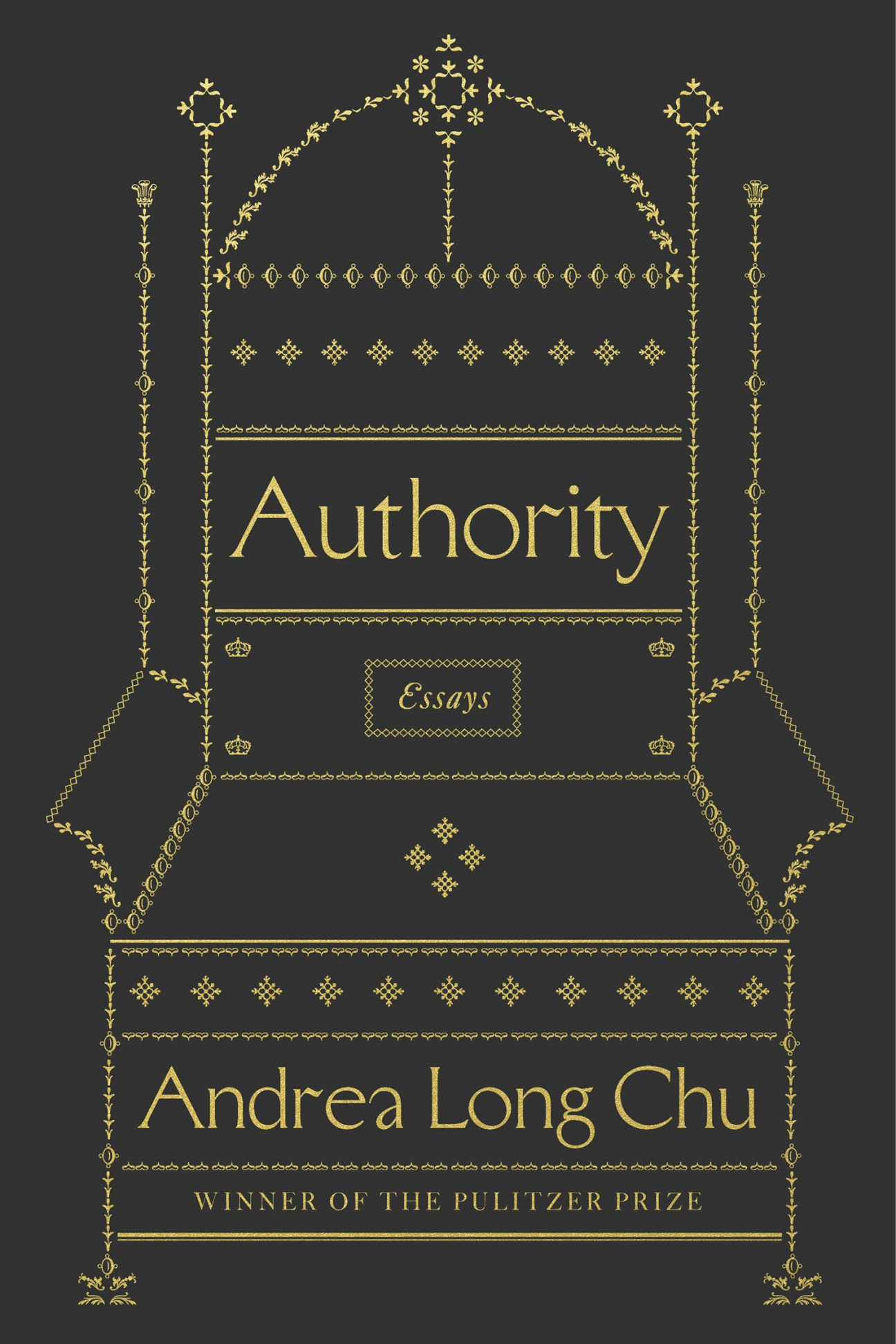
In New York, where our disgraced, criminally indicted mayor and our disgraced former governor appear to be in a competition not for votes but to see who can evince less care for their constituents and campaign more lazily, it is clearly past time for a shift toward spirited opposition. And whatever spirits are, whether the word first brings to mind distilled liquors or more philosophical animating forces, both were flowing and high at Nightclub 101 on a Sunday in March, at a sold-out (and open bar) fundraising party for upstart socialist mayoral candidate Zohran Mamdani.
Reaching second place in multiple recent primary polls, Mamdani just might be the harbinger of a vibe shift in New York politics, if the laundry list of artists, writers, and erstwhile members of the culturati who threw the event are any indication. Mamdani has injected an energizing, earnest, and thrillingly contagious optimism into an otherwise cynical and stale race. His passion for the city, straightforwardly powerful platform to lower the cost of living for all New Yorkers––freeze the rent, free childcare, free buses––and chameleonic rizz is attracting a coalition of taxi drivers and clouted downtowners alike, hence this fundraiser (“the hottest party in New York,” per Feed Me’s Emily Sundberg). Hosts included the Lower East Side boutique Cafe Forgot; the leftist podcast Chapo Trap House; publicist, writer-wife, and party girl Kaitlin Phillips; actress Rowan Blanchard; and the eccentric literary magazine Whitney Review.
A foreboding email about high demand for tickets and the dwindling chances of getting in inspired early attendance; when I joined a few friends around 6 p.m., a friendly organizer was attempting to inform the crowd that ticketed and standby attendees should stay in the same line (socialism in action??). Having been to Nightclub 101, I feared the size of the crowd combined with the basement’s low ceilings and narrow hallway might be giving Triangle Shirtwaist Factory. Luckily, the event took over both floors of the venue: upstairs, there was a panel on culture and politics before Mamdani himself took the stage, and an Oscars watch party downstairs. Artist Aria Dean moderated the panel, whose participants were introduced as our city’s “sharpest minds and hottest bodies”: podcaster Brace Belden and writers Kay Gabriel, Joshua Citarella, and Ciaran Finlayson. Gabriel urged the left to wield a keen “sense of humor” alongside a “punishingly active reality principle.”
Mamdani pulled off just that delicate dance––flashing the audience a sly smile and encouraging us to disobey our parents. We’d probably been taught that it’s impolite to talk about money and dangerous to talk to strangers, but what he needed us to do right now was both of those things––be honest about the increasingly impossible cost of living in this city, donate to his campaign, and get in the streets to canvas. By the end of the night, the event had raised over $20,000. “Our institutions are crumbling, our sense of civic duty is eroding, our temporal authorities believe they are above the law––so we are told, and with increasing panic, by the keepers of the liberal flame. What comes next?” Chu asks in Authority.
Perhaps the answer is to let go of our paranoid addiction to authority entirely, stop arguing politely at dinner parties and instead risk stopping a stranger on the street and chatting them up about something that turns out to enrage us both. Ahead of her book release, I spoke with Chu about mistaking license for liberation, humor that retains the “thwack of reality,” the far center, beliefmaxxxing, optimism, and that White Lotus monologue.
All but two of these essays were previously published as standalone pieces. In the preface, you suggest that they might have been more intertwined than you intended. Perhaps, you write, you were “up to something after all.” What do you think you were up to?
I become less interested in myself. When I look at the older critical work, it is really stuck around thematic questions of desire and identity. I have become more interested in the objects themselves. What a novel thinks it's doing, what a TV show thinks it's doing. I have been moving in a broadly materialist direction. I'm trying to figure out what it means that these things that we read, watch, or consume actually exist in a world continuous with us. The fact that it's there, and you can touch it, can pick it up, and throw it across the room—that is really interesting to me. In other words, I am trying to get outside of a kind of contemplative attitude and towards something more practical.
That leads right into my next question, so thank you. There’s a kinetic, action-oriented energy in the new essays about criticism. You define criticism as a “genre of assertive prose, one that's trying to communicate actual ideas,’’ and trace the way this genre has undergone a centuries-long hostile takeover by liberalism, foregrounding freedom of thought at the expense of action. You insist, quite courageously and convincingly, that the critic should excavate art's ideological content while making her political position clear, writing in service not just of freeing the reader's mind but impelling her to action. Given that the book opens with a reflection on criticism in light of the initial siege on Gaza, I'd love to hear you speak a bit about the role of criticism in this moment.
I don't have boundless optimism over the political potential of writing a couple of reviews a year, but ultimately criticism is communicative. There are strong claims to be made that art does not have to communicate. It can express, present, or provoke. Art can be gestural, but I don't think criticism has that luxury. To consider the reader a real person means it's actually worthwhile to try and communicate. Therefore, it's also worthwhile to talk about those things that need to be communicated. What is the thing that is hard to know about this? If I do this right, I can communicate a complex, difficult, counterintuitive idea about this thing that exists in the same world as you do. In this political moment, there is, one, being oriented by a sense of justice––being willing to take a substantive stance on Gaza or trans rights or any of the barrage of issues. In a more internal way, it's also about the fact that [the administration] is trying to defund universities, dismantle the academy, which is a reminder that writing, and speech in general, is a practical thing. It has effects in the world. We know that because they're attacking it.
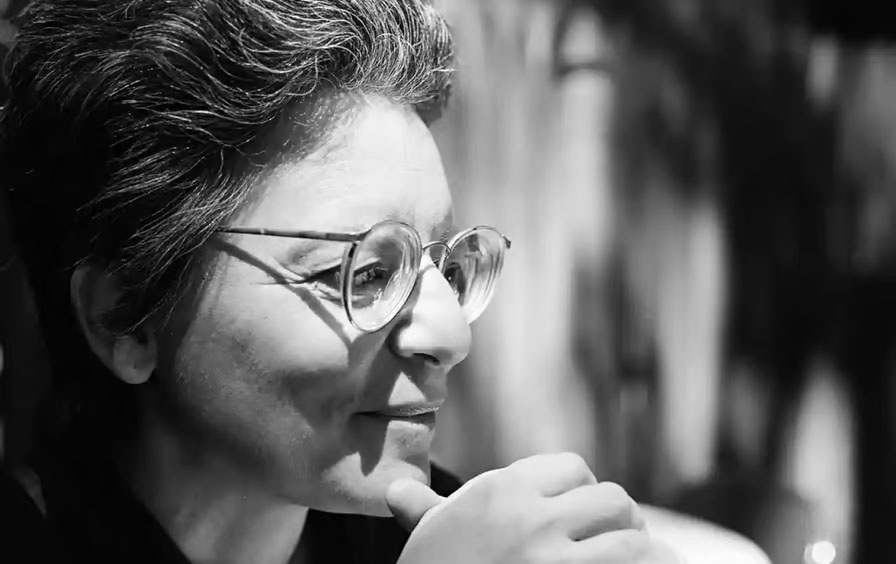
Right, and you wield language dialogically throughout this book. You have a real respect for play––genre, gender, word––that feels related to your respect for desire, which you describe as “childlike and chary of government.” That notion of ungovernability in an essay engaged with the playful polemicists, if you will, of feminism’s second wave raises the question of the use of the polemic genre now. We’ve seen reissues of Shulamith Firestone’s 1998 book Airless Spaces and Andrea Dworkin’s 1983 Right-Wing Women, an examination of the woman-led brand of American conservatism. Can that polemical energy––which can certainly lack nuance, but also pose questions, play with assumptions––be usefully wielded against the liberal “ideology of good temper” you indict?
It's interesting to put those next to each other, polemic and play. Shulamith Firestone’s book [The Dialectic of Sex: The Case for Feminist Revolution] is a great example of something that is doing both of those things. It's a very silly book. She was a young art student. It has, in a not insulting sense, that sort of sophomoric quality to it. There's this laying claim to a lot of to thinkers and ideas, so there are parts of the book that are quite fucked up, like this crazy psychoanalytic reading of racism that is totally bizarre, alongside such a strong polemic, such stark characterizations of the political situation. That can be a way of trying to model thought for the reader, but also show the labor of conviction. These pronouncements, which I was certainly more prone to in earlier work, there is something a little ridiculous about them. You have to be able to withstand the ridiculousness or claim it. Every art student, probably, has to claim the ridiculousness of what they're doing. Art and the polemic are both trying to deal with the difficulty of being someone who strongly believes something and is trying to give the reader, potentially, a way of accessing their own capacity for belief.
There's also a style of humor there, one present in a lot of your work. Your writing is really hilarious, obviously, but unlike a lot of ostensibly comic criticism on the left today, which is either post-woke ironic cynicism or kind of flustered, galaxy-brain lolcat malaise, your jokes actually illuminate an argument. I wanted to ask about your approach to comedy, as well as how you think humor might be being used or misused today.
There's humor that's happening on a syntactical level. But I bury the joke or hold it, insert a lot of clauses before the punchline, or have the joke happen before, rhythmically, it feels like it ought to happen. I'd like to get it, especially now, moving out of dunksville, into trying to make it part of the sentence instead of just the point of the sentence, to try and move it into a structural role. To some extent, humor is just about establishing a set of shared references, and this is true for the lolcats and the centrists and the far right. You're trying to solicit a certain kind of reader and show that you have membership in the same thing that they have membership in. The sort of post-woke ironic, cynical style is designed to make it feel like you never have to take anything quite literally, you never have to be accountable for your speech. And I would like to think that, in my case, the humor has a thwack of reality to it. The humor partly comes from trying to name something that is known but does not have a name. That sense of justice in the literal sense.
You write in the preface that reading these essays back, you realized you used the phrase “Icarian optimism” twice, and only one of them remains. I have to ask where the one that was cut was, and whether you think some of your arguments actually subtly endorse that position or affect?
Anytime I'm using the word optimism, it's referencing [the late literary scholar] Lauren Berlant—it’s all a gloss on cruel optimism. I am interested in that moment of reaching for something that cannot be attained, and doing it anyway. I'm trying to move back in time a little bit, and stop assuming that things have been pre-constituted. Just because there's a person mentioned in a novel, that doesn't really mean that this entity is a character. The character is something that has to be achieved. Gender is something that has to be achieved. It's not just lying there, a sense of political identity or racial identity, right? There's a line in the Asian American piece about how no matter how closely related you are to someone, there is always, if you drill down, going to be an infinite gap. And the only way to get across it is not through assembling more resemblance, it is through choosing. To answer the initial question, the original two instances were in the mixed Asian piece, and the Zadie Smith piece. That was shocking. Not really shocking, I know I do this. But it's one thing to have a stock phrase, but, when it’s not even in common use, it felt too ridiculous to do it twice.
I love it. Personally, my friends and I always say “I Icarused,” which is when you make too many plans in a night and don't make it to all of them.
Oh, that's very good. That also works.
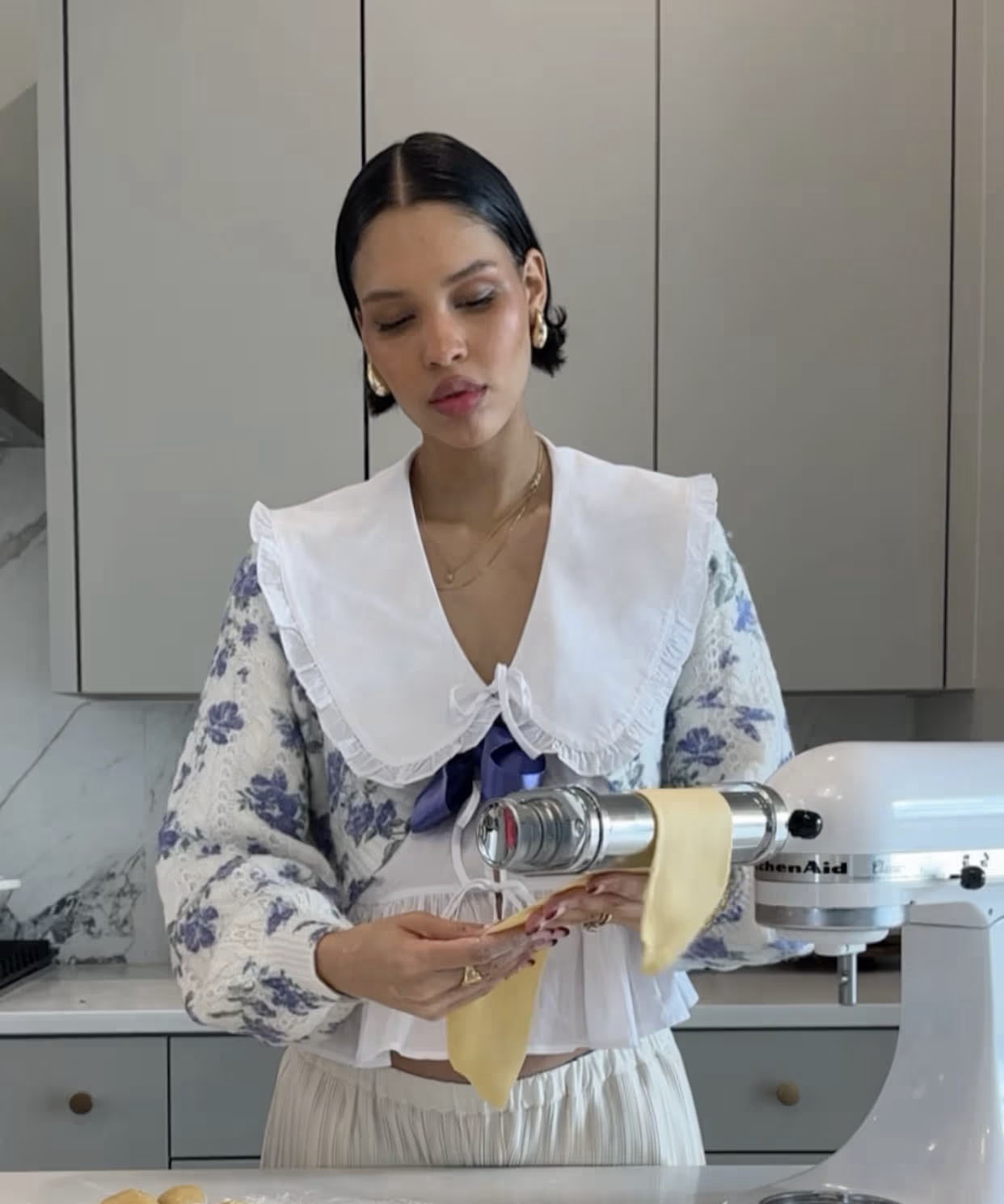
One of my favorite lines in this book is, “That is the dark comedy of the desire we call feminism: we are ethically compelled not only never to get what we want, but never to stop wanting it, either.” We seem to be in a moment where mainstream feminism has, to put it bluntly, fallen off, so I was curious about your thoughts on, perhaps, the next act in the dark comedy of feminism.
In the current political climate, it does feel like [feminism] has reached a point of exhaustion, partly because it has in a way been very loudly claimed by the TERFs. It's interesting, with the resurgence of all this trad culture. I get those TikToks, women making crazy shit from scratch. These influencers are obviously contradictions because we know they're running their own businesses so they don’t actually embody the spirit that they are supposed to be embodying. And it ends up being a sort of reverse image of the liberal women who feel like they are being independent but are still deeply emotionally dependent on the idea of a man being there, but sort of don't want him to be there. It's two sides of the same contradiction: the trad influencers and the feminist career women are in pursuit of some kind of freedom and also they seem unable at the emotional level or psychic level to let go of men. The way that feminism has gone in the 21st century, I think we're in the gutter of the pinball machine at this point. When all roads are leading to the same dead space, what comes after that, I don't know.
Women believing they’re pursuing freedom while not being able to let go of men, or maybe not wanting to give up their attachment to patriarchal values, brings up a theory I had about what you might have been up to. I wonder whether the critic is, not in the same boat, but perhaps in a vaguely similarly shaped, leaking, boat, as the feminist? Critics mistake license for liberation, when license is predicated on the existence of an authority, so it perhaps offers a similar artificial agency to what the tradwives and girlbosses get?
I don't know if I have thought about it in those terms before. Freedom runs through both of those sets of questions. Freedom is a big preoccupation across my work. I wrote recently about the “far center” people, as I call them, who are sort of freedom-pilled. They have this concept of freedom that is so free that it's not connected to any kind of program or any other values. The freedom is not being used for anything. We have to think about what freedom is, what it is for, but also who it is for. They want to liberate the idea of freedom from the idea of justice, of responsibility. I think freedom is extremely important and valuable—intellectual freedom, freedom of speech, all that. But if it's untethered from the world, if it's untethered from the idea of other people, from the idea that I have ethical responsibilities and political responsibilities, then you can do absolutely abominable things in the name of that kind of freedom.
Completely. I hate to say I saw a tweet, but I saw a tweet that said something like, some of y'all need to be beliefmaxxxing. I feel like that's what those far center people are doing, believing only in the concept of having a belief.
I think that's exactly right. There's a feeling that the right to hold a belief is so much more important than the content of the belief. That the way to prove this is to have no beliefs at all.
Right, and then we're at our horrible, depressing reality. To go back to somewhat lighter fare, are you watching The White Lotus?
I am.
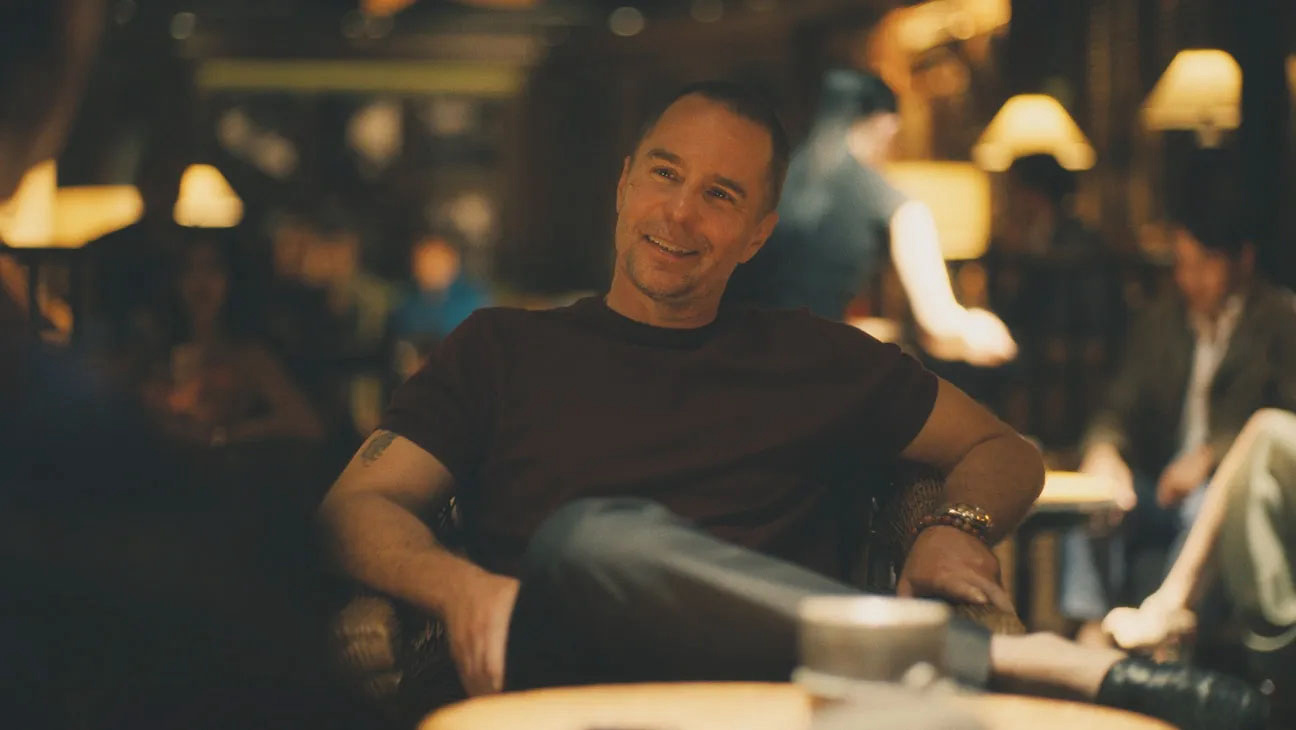
I do need your take on the Sam Rockwell monologue because I thought he was kind of speaking from inside your response to Amia Srinivasan’s “Right to Sex” essay a bit. In an essay about incels, she argued that erotic desire is often a final frontier of sorts for racism and misogyny, and asked “whether there is a duty to transfigure, as best we can, our desires.” You pointed out that “moralism about the desires of the oppressor can be a shell corporation for moralism about the desires of the oppressed,” that desire is riotous and might run counter to our politics, and we should certainly look at that but not necessarily attempt to police it, because such policing his historically led towards homophobia and transphobia.
I mean, that was totally crazy. I was losing my mind listening to that. There’s the question of what it's doing in the show, if this season in general is just flirting with [the presence of trans women], or trying to remind us that there are trans women around and someone is going to sleep with them, presumably, and it will be a potentially humiliating but pleasurable experience. I am still trying to figure out whether to be icked by the way that it's being approached. So we'll see. But the monologue taken on its own was totally fascinating. I mean, yes, it did feel like reading myself back to myself in certain ways, in his “I don't know whether I wanted that or wanted to be that” questioning, and the very open naming of the fetish. A thing that I liked about it was just this feeling that any of those outcomes were possible. There was a sense that none of those were necessarily the true version of him, that he was sort of cycling through possibilities and none of those had to be more true than the others.
Can you name some things in the culture that you find underrated, overrated, and accurately rated?
Accurately rated, Chappell Roan. Overrated, dogs. I have a cat, and cats and dogs might be equally poorly behaved, but the difference is that I don't carry my cat around and inflict its behavior on strangers. Fundamentally, dogs are a ruder thing to have. Underrated… what's an underrated thing…
Well, it's kind of on brand for the woman known for takedowns to think there's nothing underrated.
[Laughs] I'm sure I have something…Do you know what Dropout is? It’s what College Humor became.
Oh my God, it still exists?
It was bought by some of the College Humor people, and it has become a subscription streaming platform called Dropout, because college dropout. It's a lot of comedy, the flagship is the big Dungeons & Dragons show that just sold out Madison Square Garden. But they have a great show called Game Changer. It's a game show, but it's a different show every time, and they don't tell the contestants what the game is going to be. I don't typically mention it to other people because I feel slightly embarrassed.
Well, thank you so much for your trust, I'm going to check it out. Do you have a favorite place to eavesdrop or people watch in New York?
A couple months ago, I got on the subway and this middle-aged guy and his mother got on, and it was not a very full car, and he was just berating her. She was arguing back, and it was all about him asking how to help her, clearly he's in the “taking care of his mother who's living by herself” phase of his life, and we don’t know how she talks to him normally, and so you were debating, who is the asshole here? I do like that feeling of being on the subway, and something crazy is happening in public, hopefully not anything dangerous, but you're like, “Today, my son, we all became New Yorkers.” In this one moment, we have constituted ourselves as the populace of this great city as we watch this guy berate his 80-year-old mother.
Well, I think that's a beautiful note to end on.

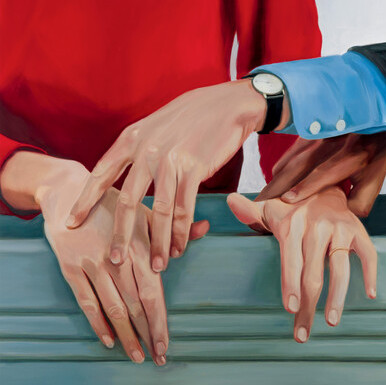
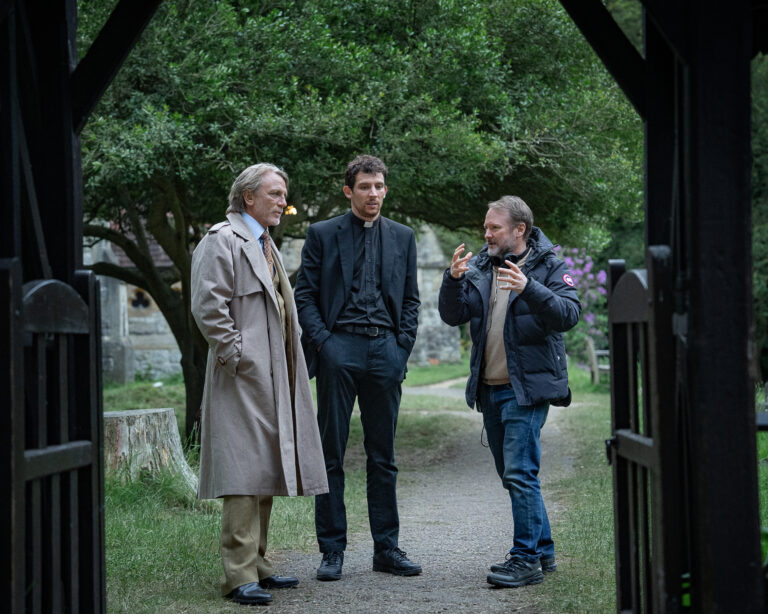
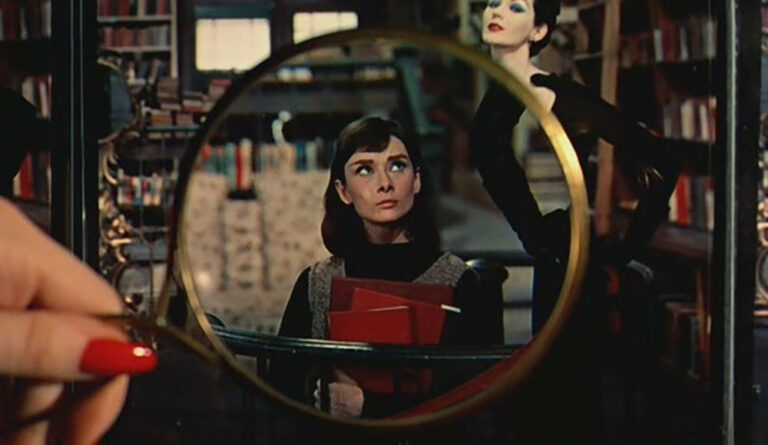
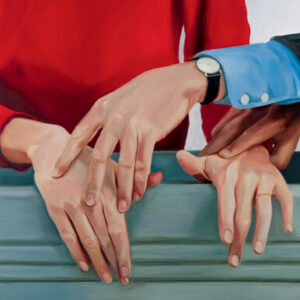
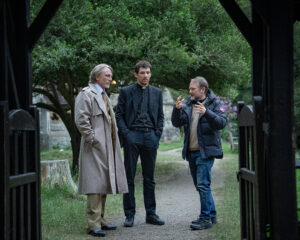
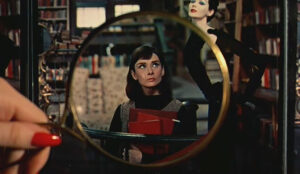



 in your life?
in your life?

